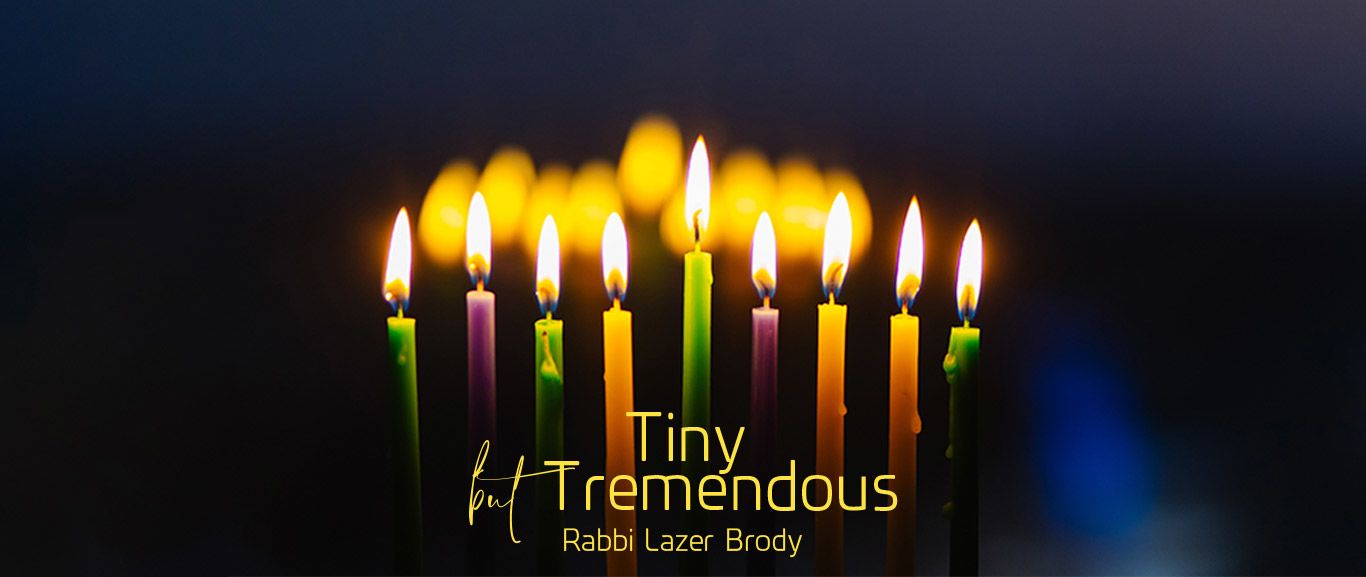
Tiny but Tremendous
The tiny vial of ritually pure olive oil, physically capable of burning for a day, miraculously burned bright for eight days. How did that happen?

Tiny but tremendous – this is the key to understanding everything about Israel: the Land of Israel, the People of Israel, the Torah of Israel, the Holy Temple and the holidays of Israel, particularly Chanuka. Once we fully understand this principle, we can make the type of decisions that assure our individual and national success.
The Land of Israel is called “The Land of the Deer” because when the People of Israel dwell in the Land of Israel, the land is capable of sustaining millions of them. Conversely, when the People of Israel are exiled from the Land of Israel, the land becomes sparse and scant, barely able to sustain a few tens of thousands, as history bears witness. As such, the Land of Israel resembles the skin of a deer: when the deer is alive, its hide is sufficient to envelop all of its flesh. However, when killed and skinned, its hide can no longer cover even a small portion of its flesh. Geographically, the Land of Israel is tiny. Nevertheless, it has a greater influence on the world than lands hundreds of times its size.
The People of Israel are a tiny portion of the world’s populace, yet their influence is prodigious in every area of technology, advancement and world betterment. For example, over 22% of Nobel Prize winners are Jewish yet the Jews – the People of Israel – are only 0.2% of the world population, contributing to 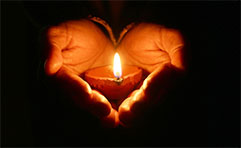 over 100 times what they proportionately should! So like the Land of Israel, the People of Israel are tiny but tremendous.
over 100 times what they proportionately should! So like the Land of Israel, the People of Israel are tiny but tremendous.
The Torah of Israel is also tiny but tremendous. The tiny Five Books of Moses, when elaborated upon and applied into legal, moral and homiletic teachings fill entire libraries. Every day, new books elaborating different aspects of Torah appear. The flow is endless…
The Holy Temple, may it be rebuilt soon, miraculously houses the entire People of Israel when they make the thrice-a-year pilgrimage on the festivals of Pesach, Shavuot, and Sukkot – a miraculously classic aspect of tiny but tremendous.
Chanuka is also an aspect of tiny but tremendous, any way one looks at the holiday. The Maccabees and their followers were less than 10% of the population, most of which had assimilated into Hellenism. Yet, they overcame the 90% of their assimilated fellow Jews as well as the entire Greek-Syrian Army; once again, tiny but tremendous. Then, when they liberated the Holy Temple and consecrated it, the tiny vial of ritually pure olive oil, only capable of burning for a day, burned bright for eight days until the priests were able to prepare more oil in a ritually pure manner.
The Maccabees were Cohanim – priests. From the miracle of Chanuka and on, they reigned as kings of Israel, known as the Chashmonean Dynasty, until the destruction of the Second Holy Temple some 200 years later. They merited to become the conduit of Hashem’s miracle not only through overcoming our enemy, but by putting a stop to assimilation and re-consecrating the Holy Temple as well, the reason we celebrate Chanuka. How?
Our sages teach that the deeds of fathers are steppingstones for sons. In other words, a parent’s character and deeds have a profound influence on his or her offspring for posterity. The Torah teaches that a measure of good is 500 times stronger than a measure of evil. In that respect, a parent’s good deeds and character refinement efforts are 500 time a more powerful influence on subsequent generations than his or her bad deeds or negative character traits.
Aaron the High Priest was the patriarch of the priestly tribe of Cohanim and thereby the great grandfather of the Maccabees. Our sages tell us that Aaron’s greatest trait was his love of peace and his ability to make peace between man and wife and man and fellow man. As a peacemaker, Aaron had two lovely qualities: he was extremely humble and tremendously magnanimous, the total opposite of the selfishness, stinginess and envy that plague modern society.
Our sages cite three main spiritual vessels capable containing huge blessings: they are humility, magnanimity, and above all peace. Aaron the High Priest exemplified all three. In fact, wherever there is humility and magnanimity, there is peace. The Talmud concludes that there is no greater vessel for blessings than peace.
Contrary to popular notion, the Maccabees were scholars and men of peace. They became warriors because they had no choice. Yet, they returned the peace between the People of Israel and Hashem, Whom the people of Israel had strayed from. By ousting the Syrian Greeks, they returned the peace to the Land of Israel. They were therefore a worthy receptacle for miracles, including their victory over the Syrian Greek Army and the wicked King Antiochus as well as the miracle of the oil.
The Chatam Sofer writes that the name “Chasmonean” comes from the acronym of the Hebrew letter chet, having the numerical equivalent of eight, and shemen, the Hebrew word for oil, which are references to the miracle of the tiny vial of oil that held such tremendous light. Together, you get Chet-shemen, which evolved into “Chasmonean”.
Chanuka is a wonderful time for unity and togetherness, both with family and friends. The light of Chanuka originates in the light of peace, the very best of vessels for blessings and for miracles. This tiny light will bring us all the tremendous things we look forward to, including Mashiach and our rebuilt Holy Temple. Happy Chanuka!


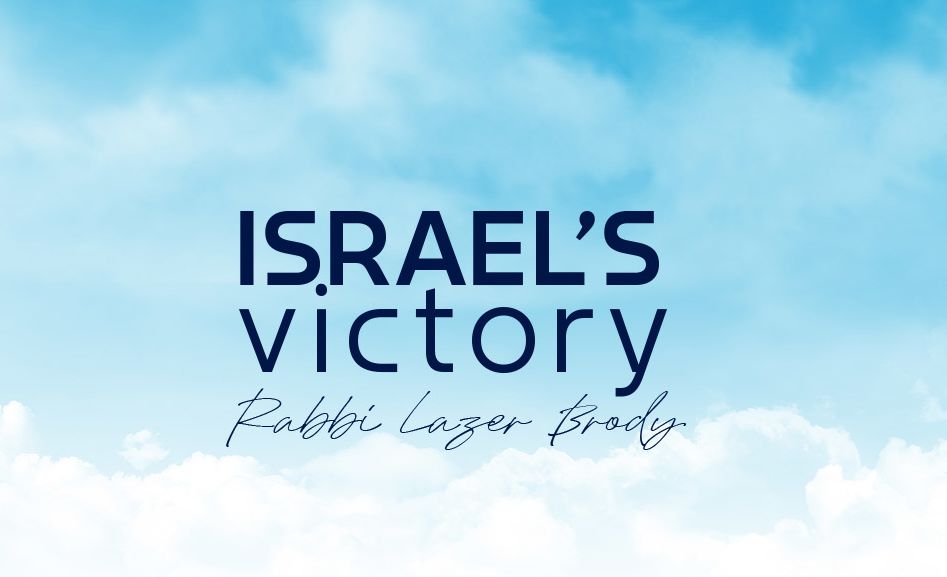


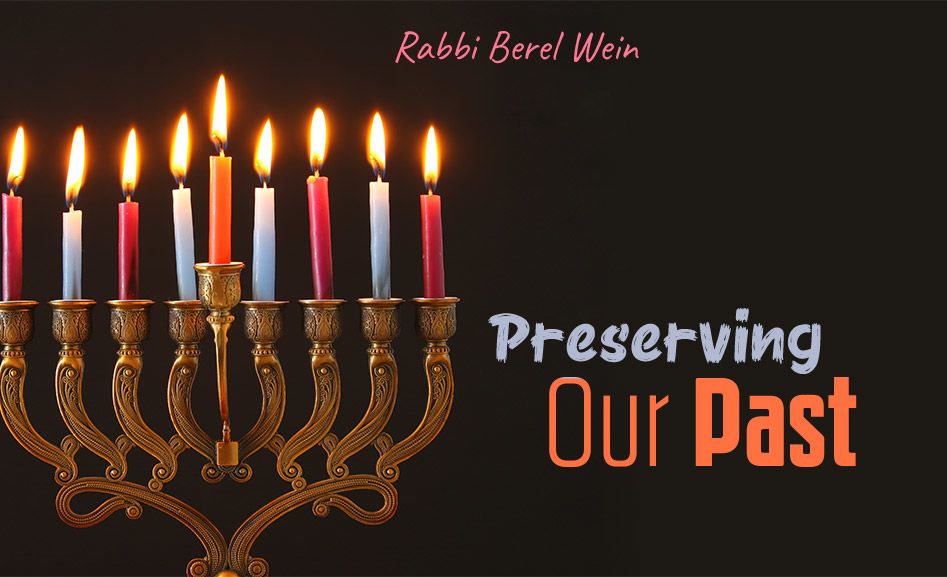
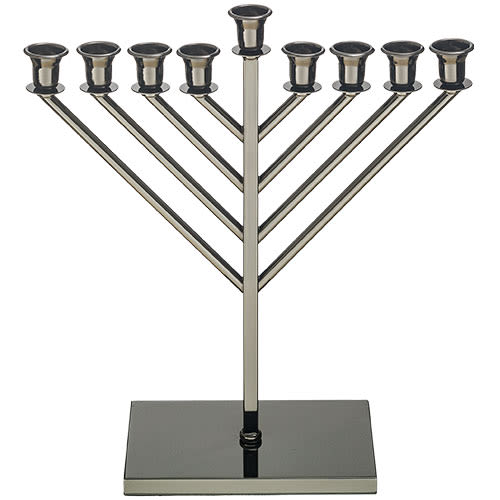
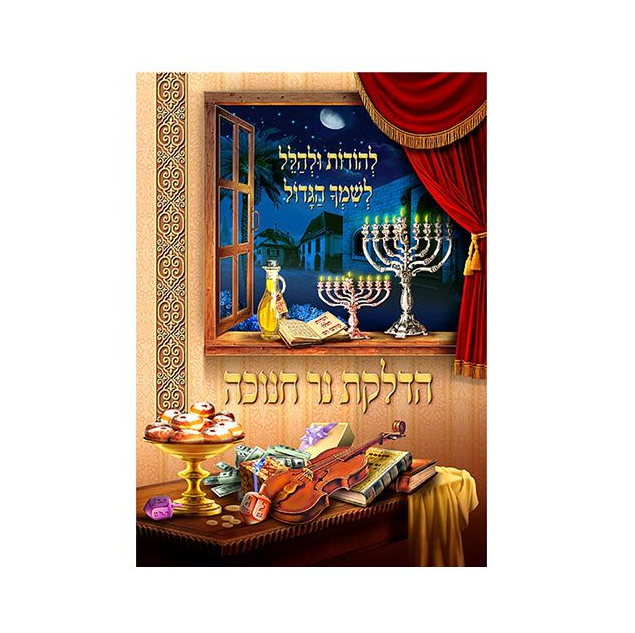
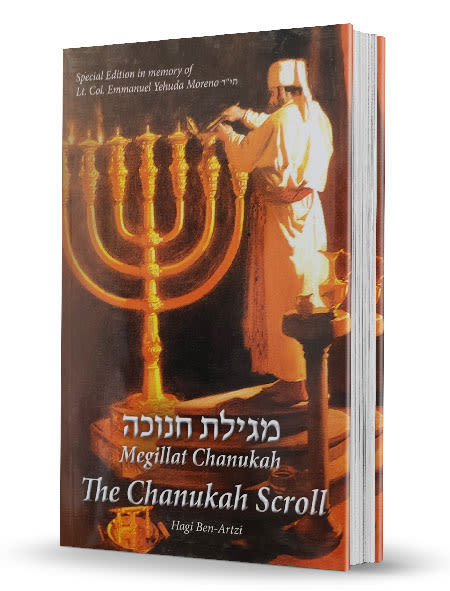
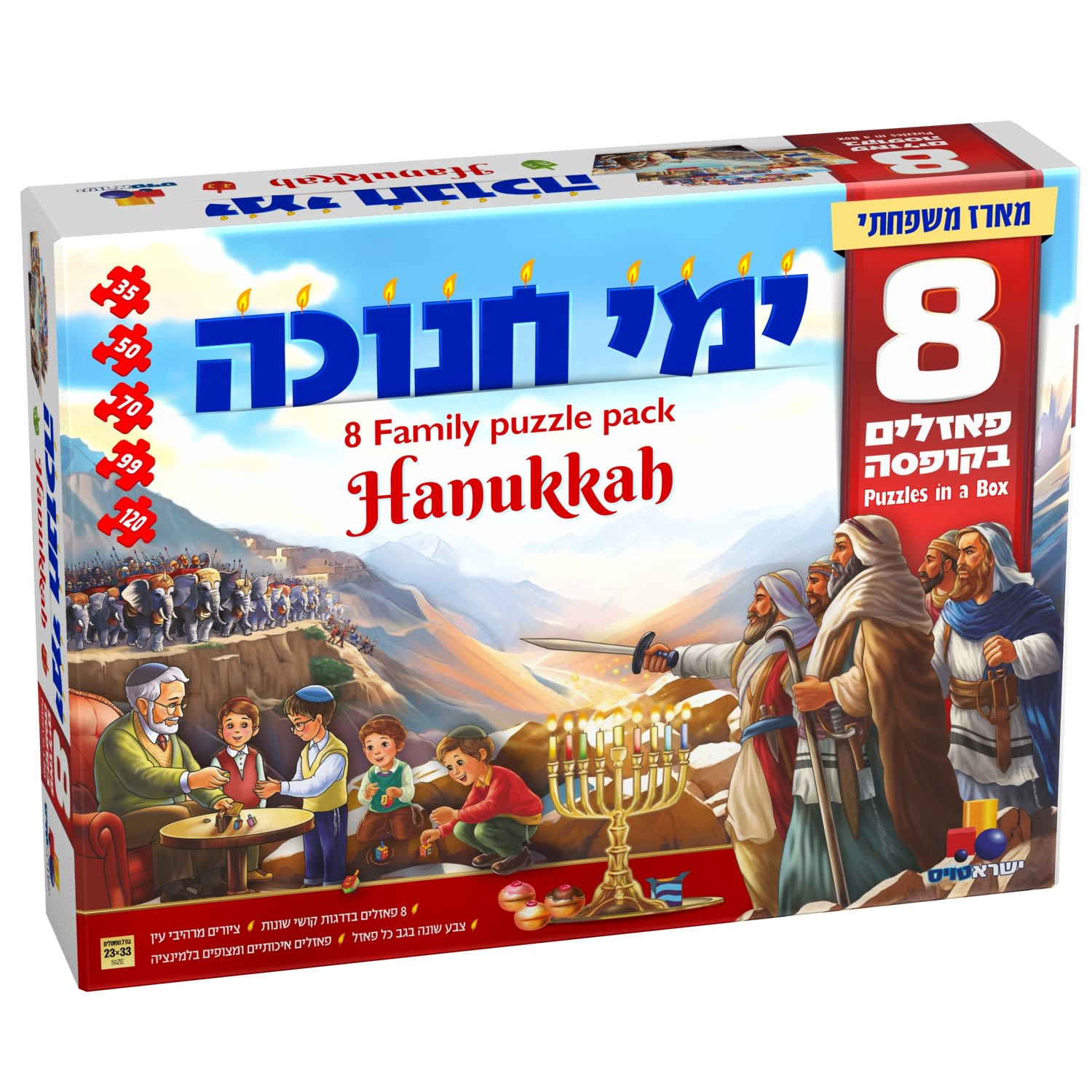
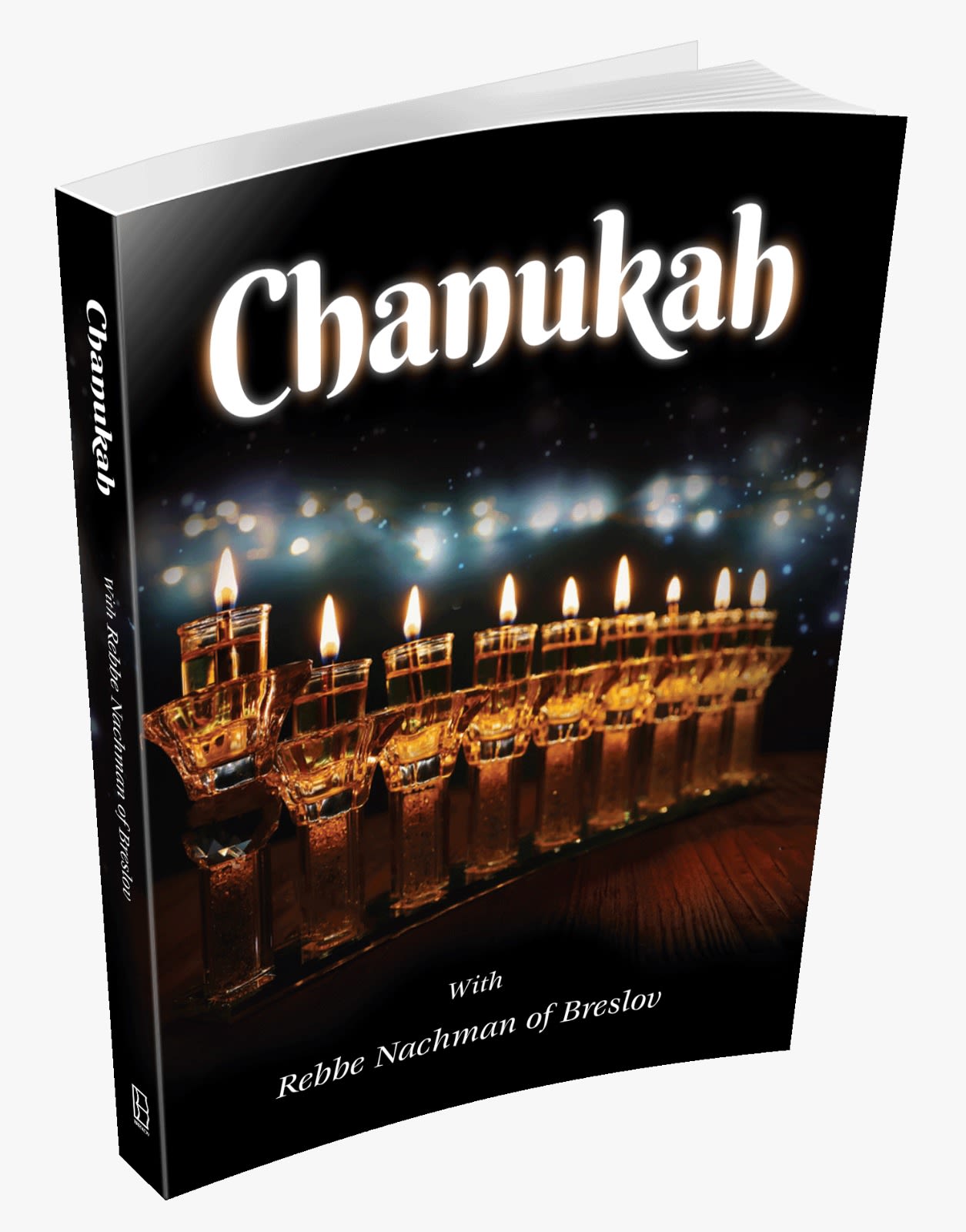
Tell us what you think!
Thank you for your comment!
It will be published after approval by the Editor.